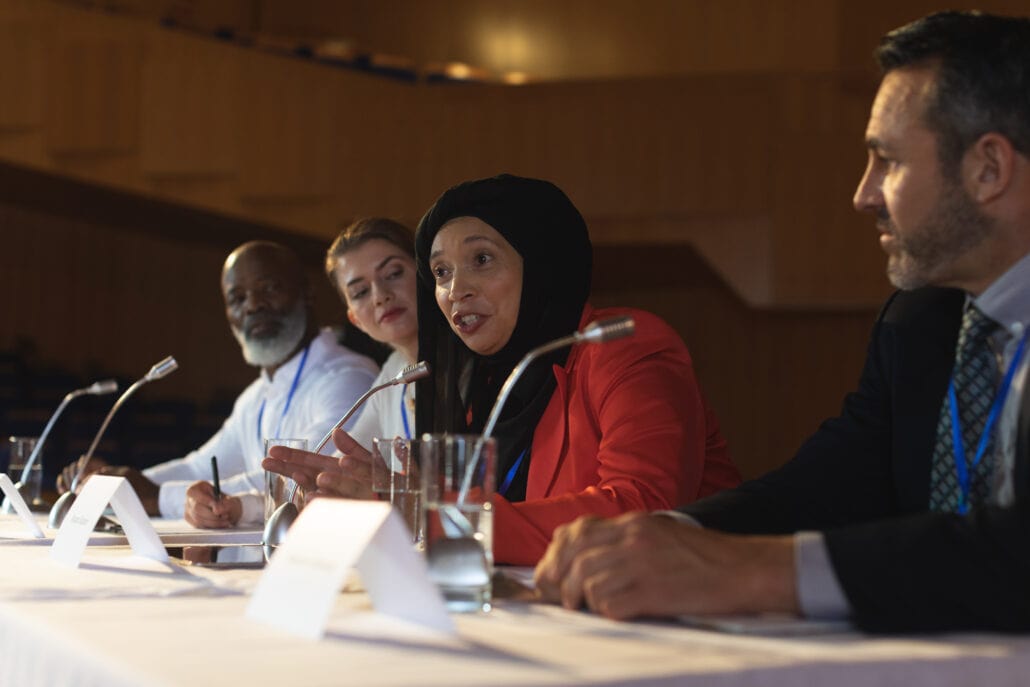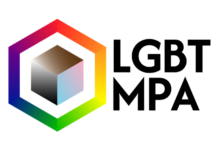 Meeting and event planners are looking to find diverse speakers who more closely represent the diversity of their audience. But where to start? Here are some tips and resources.
Meeting and event planners are looking to find diverse speakers who more closely represent the diversity of their audience. But where to start? Here are some tips and resources.
If you need reasons to diversify your speaker lineup, here are a couple: According to EventMB, as of four years ago, 35-40% of events had no Black speaker on their panels. Also in 2020, Forbes notes that two-thirds of global speakers were men.
Chances are though, you already have been working on finding diverse speakers who reflect the full range of people who come to your meeting and event. Thankfully, it’s much easier than it used to be.
In fact, most speakers’ bureaus can slice and dice their keynote offerings by many different criteria, including the racial/ethnic/gender and other demographic background of the speaker, along with topics and other specialties — including speakers who specialize in diversity, equity and inclusion topics. Just visit your favorite speaker’s bureau’s website and do a search on the criteria you seek, and if you can’t find the right keynoter, ask your representative. This is not an unusual request these days.
There also are speakers’ bureaus that specifically focus on supplying diversity speakers. Among them are:
- Diverse Speaker Bureau. With a tagline of “Disrupting Tokenism” and four female co-founders with deep experience in both diversity and events, this organization is dedicated to “elevating the voices of people from underrepresented groups” and supporting the path to inclusivity through diverse thinking and diverse people.
- The American Association for Access, Equity and Diversity Speakers Bureau. If you’re looking for someone who can speak to affirmative action, diversity and equal opportunity law, AAAED Speakers can hook you up with AAAED members who also are leaders in these areas.
- The Diversity Movement’s Speakers Bureau. This bureau’s speaker lineup is composed of diverse business leaders and Certified Diversity Experts with expertise in DEI as well as backgrounds in everything from journalism to professional development to data analytics. In addition to keynote speakers, this bureau offers trainers and moderators for hands-on training and workshops.
- Black Speakers Network. Founded by Brian J. Olds in 2016, Black Speakers Network is a global, membership-based speaker development community that also offers a database of more than 10,000 Black speakers who can address a wide variety of topics.
- Innovation Women. If you’re having a hard time finding female speakers to avoid the dreaded “manel” (all-male panel), this could be a resource to check out. While Innovation Women started out as a way to gain more visibility for women who speak on technology-related topics, this agency — which does not take a percentage of the speaker fee — offers a database of female speakers and subject matter experts on a variety of topics.
It can be a little more complicated to find diverse speakers within your own membership or audience to participate on panels, but it’s more time-consuming than difficult. Some tried-and-true tips include:
- Instead of relying on the same speakers meeting after meeting, ask them, and your broader network, for recommendations for voices in their subject matter area who are typically underrepresented. If you can, putting this in the hands of a special diverse speakers search committee can help.
- Stay mindful of over- and underrepresented groups as you go through the speaker selection process.
- Develop relationships with diverse communities — in person and online — within the profession or topic area you cover in your meeting or event.
- Don’t wait for people to volunteer. Reach out and invite promising potential diverse speakers personally. Be ready to address any concerns they may have, especially if they are first-time panelists.
- Avoid tokenism. Don’t just invite diverse speakers to speak about diversity — include experts from all backgrounds to participate on all topics.
You May Also Be Interested In…
The Collective Experience: Making Progress in DEI
Speaker Diversity: The Meetings Industry Still Falls Short
Create Connections with Diverse Local Suppliers










